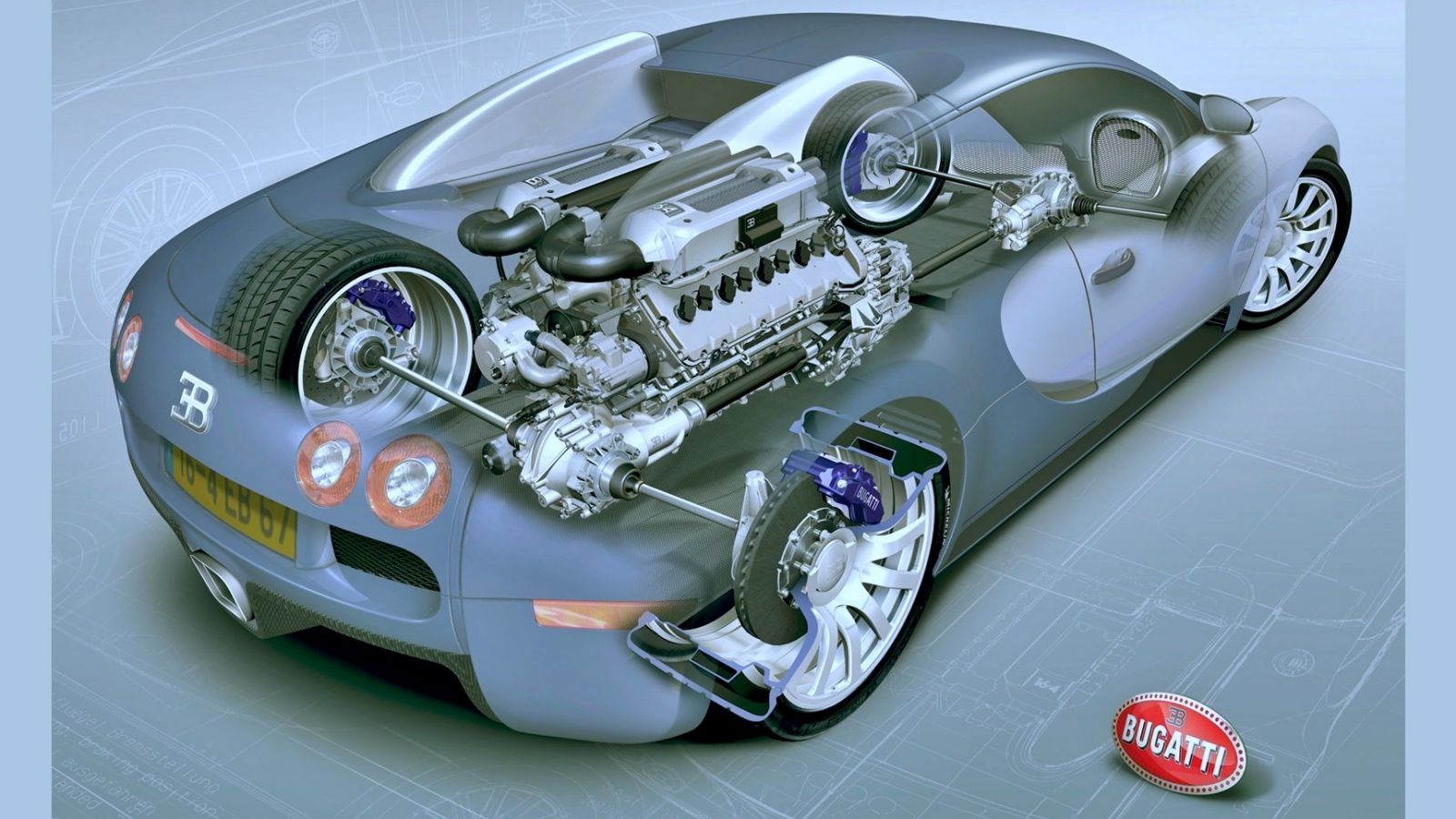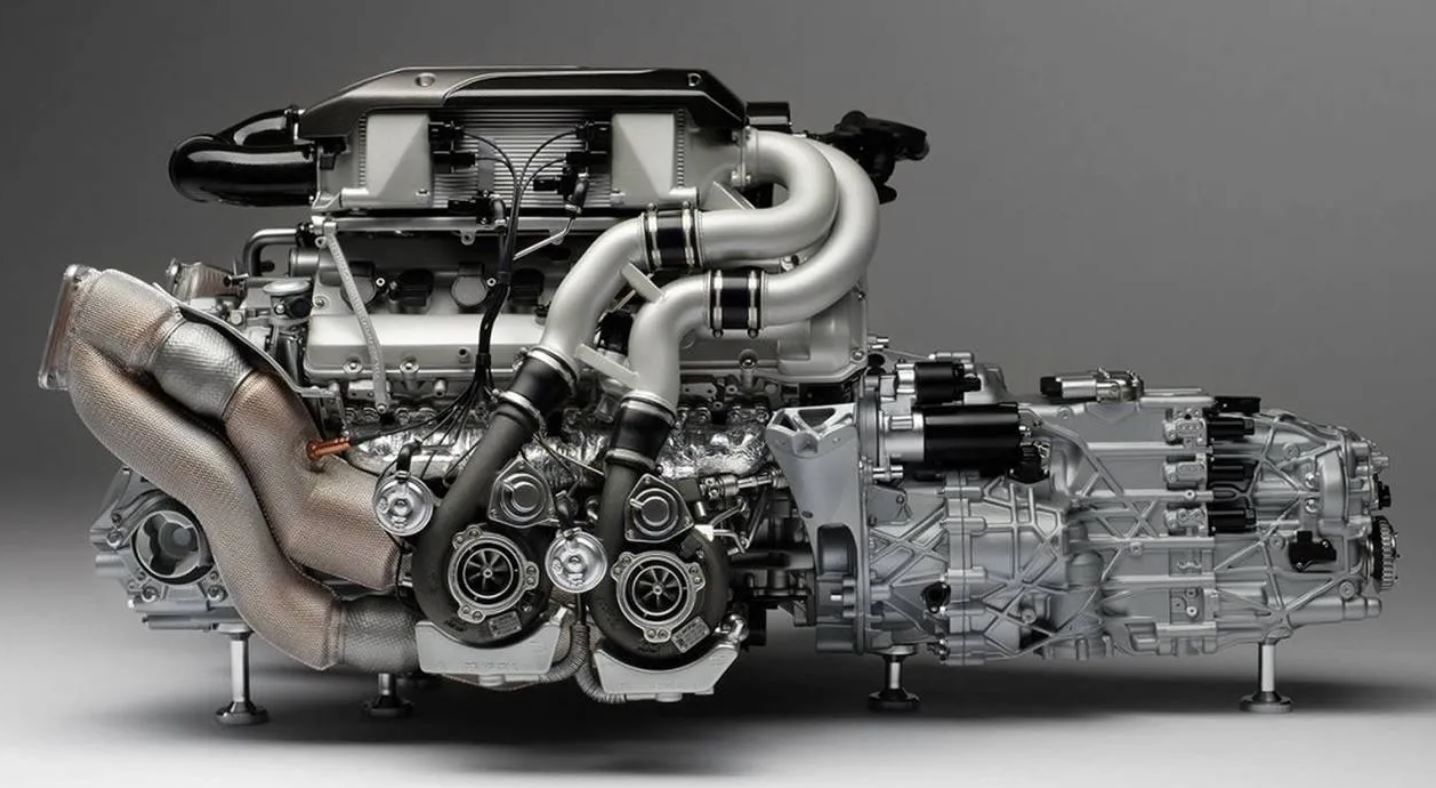Locate Engines for Africa Easily at Our Hassle-free Automobile Parts Store
The Effect of Cutting-edge Engine Technologies on Power Efficiency and Environmental Sustainability
In the world of transport and industrial equipment, the continual pursuit for enhanced energy effectiveness and minimized ecological effect has actually led to significant advancements in engine technologies. From the gradual change in the direction of electrical and hybrid systems to the integration of turbocharging for enhanced effectiveness, the landscape of engines is evolving rapidly.
Evolution of Engine Technologies
The progression of engine modern technologies over the decades has been noted by constant innovation and refinement in quest of improved efficiency and effectiveness. From the early days of internal burning engines to the innovative crossbreed and electrical powertrains of today, the advancement of engine modern technologies has actually been driven by an unrelenting mission for improved gas effectiveness and reduced discharges.
One significant milestone in this advancement was the advancement of turbocharging and straight shot systems, which considerably improved engine power output while enhancing gas effectiveness. These modern technologies permitted smaller, more lightweight engines that could supply the efficiency of bigger ones without jeopardizing on performance.
Additionally, improvements in products science have resulted in the widespread adoption of lightweight products such as aluminum and carbon fiber in engine building. This has not just decreased overall vehicle weight however has also enhanced engine efficiency by lessening power losses connected with inertia and rubbing.
Benefits of Electric and Hybrid Equipments
With the expanding focus on sustainability and power performance, what benefits do hybrid and electric systems use in the realm of engine technologies? Electric and hybrid systems existing various benefits that contribute to an extra energy-efficient and lasting future. Among the primary advantages is the significant reduction in greenhouse gas exhausts compared to traditional internal burning engines. Electric vehicles create zero tailpipe discharges, bring about enhanced air top quality and lowered environmental influence. Additionally, electrical and hybrid systems are a lot more energy-efficient, transforming a greater percentage of stored power into propulsion compared to conventional engines. This effectiveness results in lower energy intake and operating expense over the vehicle's life time. Electrical cars offer regenerative stopping systems that catch and save power typically lost during braking, further enhancing energy performance (engines for africa). Hybrid systems incorporate the benefits of electrical propulsion with the versatility of a burning engine, providing extended driving varieties and reducing array anxiousness for customers transitioning to electrical vehicles. In general, hybrid and electric systems play an important duty in advancing energy efficiency and environmental sustainability in the transport industry.
Turbocharging for Improved Efficiency
Turbocharging works by utilizing a generator to require more air into the burning chamber, allowing for far better fuel burning and increased power outcome without a considerable rise in engine size. By making the most of the efficiency of the combustion procedure, turbocharged engines can accomplish better fuel economy and lowered discharges, adding to environmental sustainability. The prevalent fostering of turbocharged engines in both gas and diesel cars demonstrates their effectiveness in balancing efficiency, performance, and environmental effect.
Harnessing Different Gas
Utilizing alternate gas provides a promising avenue for reducing carbon discharges and branching out the energy sources utilized in transport. As the world makes every effort to combat environment adjustment and lower dependence on fossil fuels, alternate fuels have gained substantial focus for their prospective environmental and economic benefits.
Biofuels, such as ethanol and biodiesel, are derived from sustainable resources like algae, sugarcane, and corn, using a cleaner burning choice to traditional gasoline and diesel. These gas can be combined with existing oil fuels or used in devoted engines, providing a pathway to reduced greenhouse gas discharges and boost air top quality.
Additionally, hydrogen gas navigate here cells have actually become an encouraging technology for zero-emission transport. engines for africa. By transforming hydrogen gas right into electrical energy to power electrical motors, gas cell automobiles generate only water vapor as a byproduct, getting rid of harmful tailpipe discharges totally
Along with decreasing carbon emissions, alternative gas can also boost energy security by branching out the fuel mix and decreasing reliance on imported oil. Accepting alternative gas in transport is a vital action in the direction of achieving a much more lasting and environmentally friendly future.

Environmental Advantages and Future Prospects
The ecological advantages of different fuels and their capacity for long-lasting sustainability are vital considerations in the shift in the direction of cleaner energy resources. Alternative fuels, such as biofuels, hydrogen, and electrical power, deal significant ecological advantages contrasted to standard nonrenewable fuel sources. These gas create reduced degrees of greenhouse gas discharges, decreasing air contamination and mitigating climate change influences. Furthermore, different gas can aid expand power sources, boosting energy security and lowering reliance on finite resources.
Advancements in technology proceed to enhance the performance and price of alternate fuel vehicles, making them extra obtainable to customers. By embracing cutting-edge innovations and alternate fuels, the find this path in the direction of a much more lasting future becomes increasingly attainable.

Final Thought
To conclude, cutting-edge engine innovations have played a critical function in improving power efficiency and advertising environmental sustainability. engines for africa. The development of engine modern technologies, fostering of hybrid and electrical systems, utilization of turbocharging, and expedition of alternate gas have all added to minimizing exhausts and enhancing effectiveness. The ecological advantages of these improvements are clear, and there is great possible for additional progression in the future. Engine technologies remain to be an essential location of focus for attaining an extra lasting future.
In the realm of transportation and commercial equipment, the continual quest for boosted energy effectiveness and lowered ecological effect has led to considerable innovations in engine innovations. Turbocharging jobs by making use of a turbine to require more air into the burning chamber, permitting for much better fuel burning and increased power outcome without a substantial boost in engine size. By taking full advantage of the efficiency of the combustion process, turbocharged engines can accomplish improved fuel economy and minimized exhausts, adding to environmental sustainability. Alternative gas, such as biofuels, hydrogen, and electrical energy, offer considerable ecological benefits compared to conventional fossil gas. The evolution Check Out Your URL of engine technologies, fostering of hybrid and electric systems, use of turbocharging, and expedition of alternate gas have all contributed to raising and decreasing emissions efficiency.